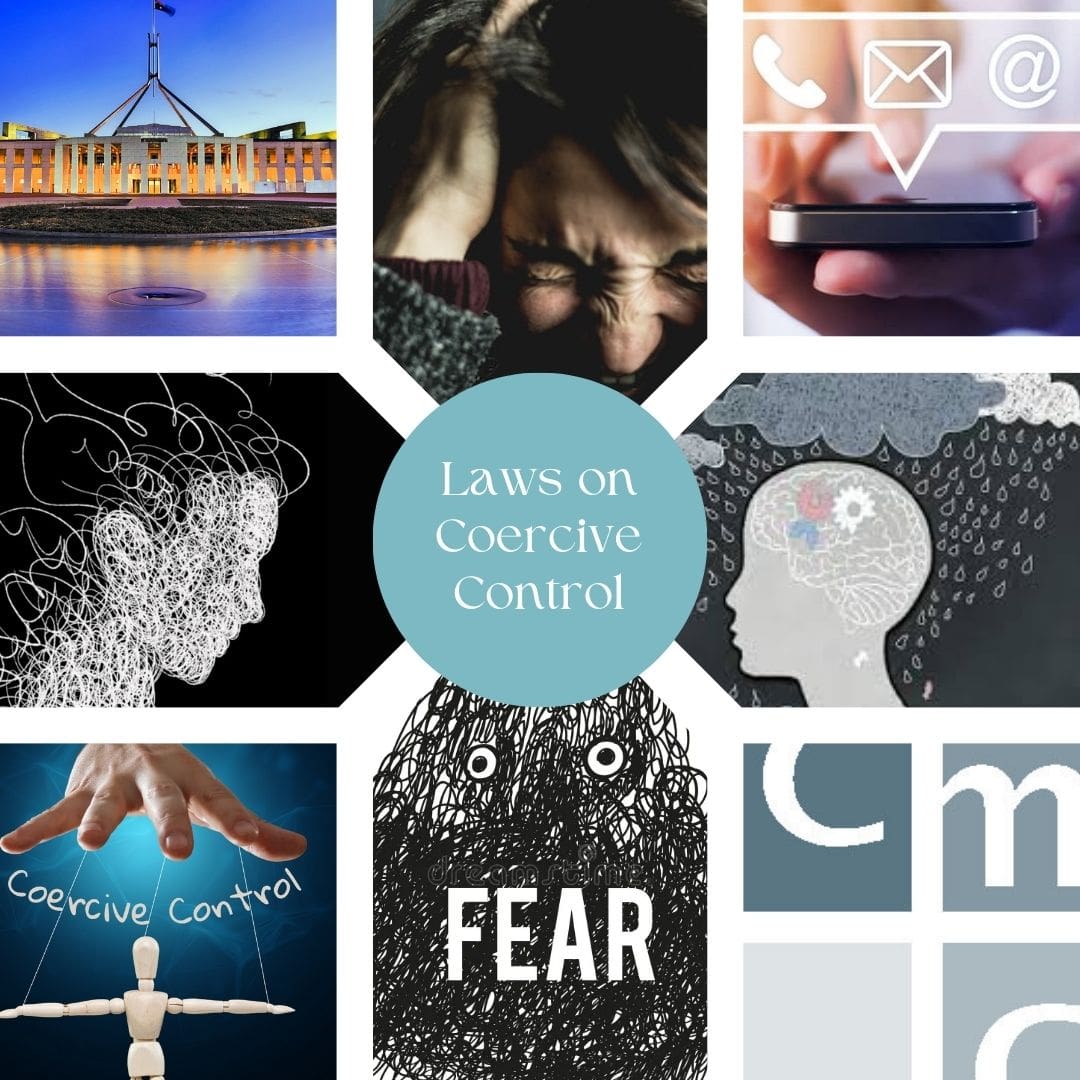NSW Introduces Landmark Laws on Coercive Control
by Sarah Searle | Dec 16, 2024 | Latest News

As lawyers, we come across many incidents of coercive control when assisting our clients. This form of abuse is common in family law matters and is quite often an element of elder abuse. The pervasive impact of coercive control on an individual, children and families cannot be understated.
Coercive control is a pattern of abusive behaviour used to control someone within a relationship through manipulation, pressure and fear. Typically it is behaviour over a period of time and can include one or a number of the following:
- Monitoring the victim’s activities and communications such as phone calls, emails and text messages
- Isolating the victim from family, friends or other support networks
- Making threats to harm the victim’s children, property or pets
- Withholding basic needs
Our state parliament has passed legislation that made coercive control in current and former intimate partner relationship a criminal offence from July this year. The offence carries a maximum penalty of 7 years imprisonment.
In addition to the changes to criminal law, the Family Law Act has been amended to widen the definition of ‘family violence’ to include violent, threatening or other behaviour by a person that coerces or controls a member of the person’s family or causes the family member to be fearful. Examples of this are set out in the Act and can include an assault, a sexual assault or other sexually abusive behaviour, unreasonably denying a family member financial autonomy, intentionally damaging or destroying property, and preventing a family member from making or keeping connections with their family, friends or culture.
When making parenting arrangements for children, the new framework under the Family Law Act emphasises to the community at large that the safety of children and their parents should be at the forefront of all judicial decision making.
The right of a child to have a meaningful relationship with both of their parents has now given way to the fundamental right of a child to be safe and protected from harm. Severing a relationship between a parent and a child is usually the absolute last resort for a Court, but the Court will do so if there is a real and unacceptable risk that a child will be harmed by ongoing time with a parent.
Coercive control can be harmful to a child when the perpetrator’s behaviour might include making false allegations about a partner and attacking a bond between the protective parent and the child. Financial control can impact children where one party deprives the protective parent of finances for daily needs such as petrol and groceries, school fees, clothing/shoes and extra curricular activities.
Coercion and control can also heavily impact a person’s capacity to be a good parent, creating depression, anxiety and substance abuse. The perpetrator can critique the parent’s behaviour to such an extent that their energy is focussed on appeasing the perpetrator rather than caring for their children.
Taking the first step to leave a relationship where coercive control is occurring is a difficult one.
At Caldwell Martin Cox ,our family law, estate and Local Court solicitors are available to assist you or your loved ones if they should find themselves in these circumstances with advice prior to taking their first steps, and with trusted advice at every step along the way.
